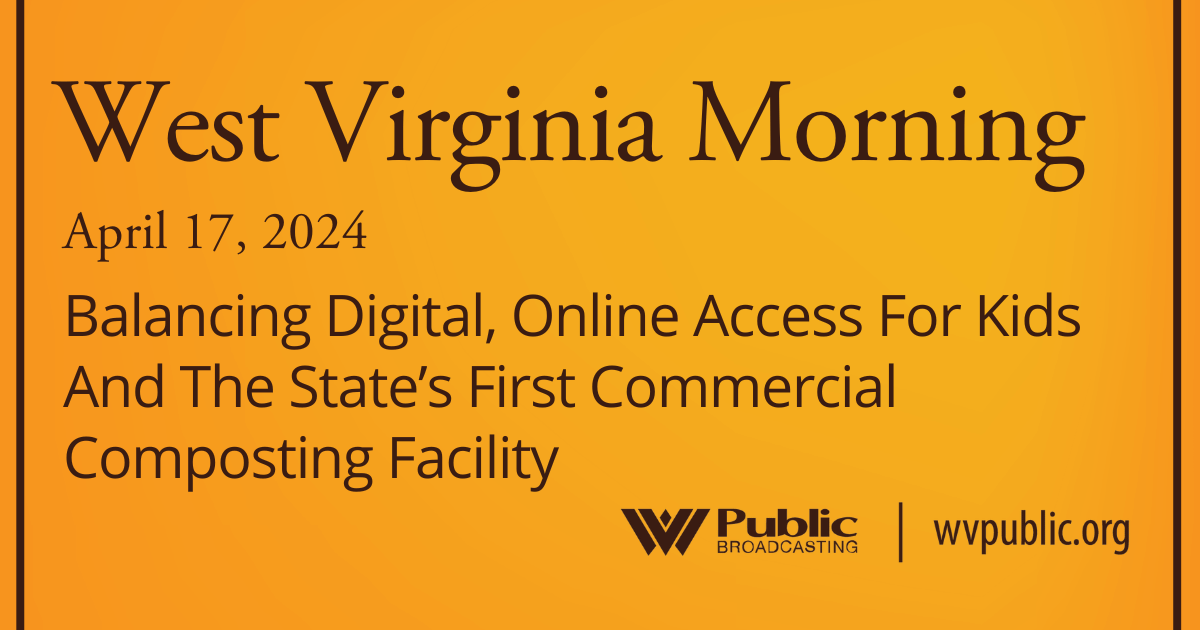In perhaps an unexpected twist, historically conservative strongholds like Oklahoma and West Virginia are leading efforts to bring preschool to all.
“They have in common a low-wage workforce, relatively low education levels and the desire to change that,” said Steven Barnett of the National Institute for Early Education Research. “Whatever they say, politicians in West Virginia know the future of their state is not coal miners.”
Other red states that have notable programs include Alabama and Georgia. But some liberal-leaning cities like Seattle and New York also are running public pre-K programs.
Advocates say more universal programs are needed to address what they call an alarming increase in child care costs. Studies have shown that children who attend a high-quality preschool are more adjusted for the rest of their academic lives and have better outcomes as adults, from higher incomes to healthier lifestyles.
Around the country, some budding programs say there are not enough seats to meet demand and not enough money to make it happen.
Programs in Seattle and New York enjoy overwhelming support locally, which in turn puts pressure on their state lawmakers to act as they face growing inequity in public education and research that touts the benefits of high-quality education in the critical early years.
“Clearly, a statewide program would be so much better, and it should be available to all 3- and 4-year-olds. It’s the best investment we can make to right the wrongs of generations,” said Tim Burgess, a retired Seattle mayor and city councilman credited with creating the Seattle Preschool Program.
It is now in its third year, serving 979 children with a sliding scale tuition model. About 80 percent of them go for free. Burgess is now pushing for a universal statewide offering in Washington, beyond its program for low-income children.
Aanchal Mehrotra’s 4-year-old son is one of 300 kids now on the waiting list for the Seattle Preschool Program, but she says she doesn’t have much hope that he’ll get in. The Seattle preschool class would cost the family just $365 a month. She’s paying almost four times that much for a month at a private day care franchise.
“It’s so expensive and become so difficult to afford,” said Mehrotra, a research scientist. “I’m just waiting for him to turn 5 so he can get into kindergarten.”
The universal preschool movement hit peak momentum under the Obama administration but has been virtually unaddressed by President Donald Trump. Instead, Trump’s daughter and adviser Ivanka Trump has dabbled with policies aimed at tackling child care costs.
A report by Democrats on the Joint Economic Committee in Congress this year indicated that less than half of the nation’s 3- and 4-year-olds were in a pre-K program, ranging from 75 percent in Washington, D.C., to just 30 percent in Idaho.
The programs vary in quality and structure, with some offering just a few hours a week of learning sessions and others that are more similar to a full school day.
One of the central goals of preschool is social development, which advocates say will help children get adjusted to learning in a structured setting and is especially important for low-income children.
But for many families, cost is a major factor.
Child Care Aware of America reports that the average cost of child care per year for a 4-year-old in a licensed facility ranged from $14,000 in Massachusetts to $4,500 in Mississippi.
In Oklahoma and West Virginia, preschool is offered to virtually all 4-year-olds.
West Virginia’s program last year cost $142 million — nearly a third of which was covered through federal funding — to educate 14,940 children, including 3-year-olds with special needs and all 4-year-olds.
The program was built up slowly over the past decade through layers of legislative wins that strengthened accessibility, partnerships, and most critically, funding.
“We have some very dedicated champions at the Legislature who really felt the need to look at the welfare of the children in our state,” said Monica DellaMea, who oversees early learning at the state education department.
Access to preschool is also widely available in Washington, D.C., Vermont and Florida.
Though other cities and states have been able to launch preschool programs, funding often limits access, creating programs for the poor or disabled or limited to a certain district — instead of a truly universal one.
That’s the case in Washington state, where only 9 percent of 4-year-olds were enrolled in preschool in 2016, according to National Institute for Early Education Research.
“For a decade, nothing has really changed in terms of access for the non-poor working families,” Barnett said.
